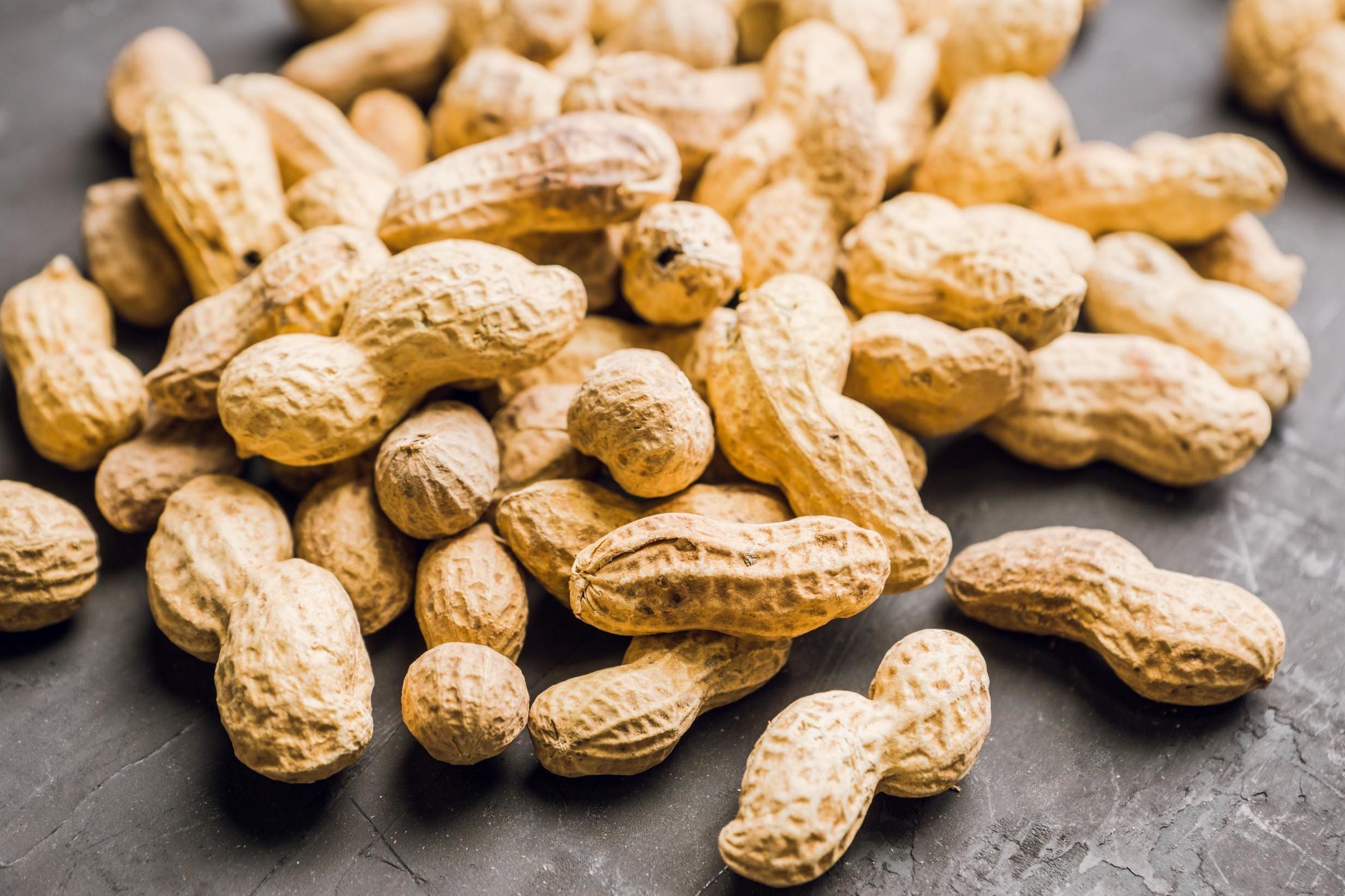New treatment stops peanut allergy for two to six weeks, study finds
Study participants could eat a 'modest amount of peanut protein'

Your support helps us to tell the story
From reproductive rights to climate change to Big Tech, The Independent is on the ground when the story is developing. Whether it's investigating the financials of Elon Musk's pro-Trump PAC or producing our latest documentary, 'The A Word', which shines a light on the American women fighting for reproductive rights, we know how important it is to parse out the facts from the messaging.
At such a critical moment in US history, we need reporters on the ground. Your donation allows us to keep sending journalists to speak to both sides of the story.
The Independent is trusted by Americans across the entire political spectrum. And unlike many other quality news outlets, we choose not to lock Americans out of our reporting and analysis with paywalls. We believe quality journalism should be available to everyone, paid for by those who can afford it.
Your support makes all the difference.A treatment for those who suffer from severe peanut allergies has been found in the form of antibody injections, according to a new study.
On Thursday, researchers at Stanford University published their findings in JCI Insight, where they provided early evidence of temporary food allergy treatment.
According to the findings, one injection of an antibody treatment will let those who suffer from peanut allergies eat a nut’s worth of peanut protein, up to two weeks later.
The antibody treatment works by interfering with an immune-signalling molecule, triggering a cascade of immune-system responses that culminate in allergic reactions. By inhibiting the peanut allergy molecule, IL-33, the treatment stops the effects of an allergy, such as wheezing, hives, and anaphylactic shock.
"By inhibiting IL-33, we potentially inhibit features of all allergies, which is promising," said the paper's senior author, Kari Nadeau, MD, PhD, professor of medicine and of pediatrics at Stanford.
The pilot study found that 73 per cent of participants who received the antibody could eat a modest amount of peanut protein 15 days after a single injection.
Researchers are optimistic that the findings will lead to multiple treatments for severe allergies in the next few years.
"What's great about this treatment as an option for food allergies is that people did not have to eat the food to get desensitised," Dr Nadeau said. "Although this is still in the experimental stages, we're delivering on the hope of testing a drug that won't be for one food allergy but for many, and for other allergic diseases, too."
According to Dr Nadeau, the antibody has already been tested in people with other immune diseases, including asthma and eczema.
While the results of the study are positive, more research needs to be done to determine the appropriate timing and dosing of the antibody.
In the US, researchers estimate that 32m people have food allergies, according to Food Allergy Research and Education (FARE). There is currently no cure for severe food allergies, although allergies to milk, eggs, wheat and soy often resolve in childhood.
Join our commenting forum
Join thought-provoking conversations, follow other Independent readers and see their replies
Comments